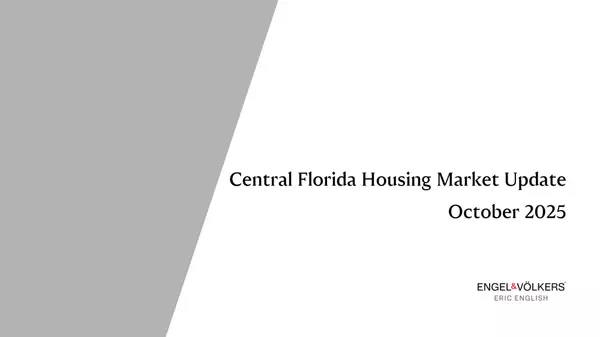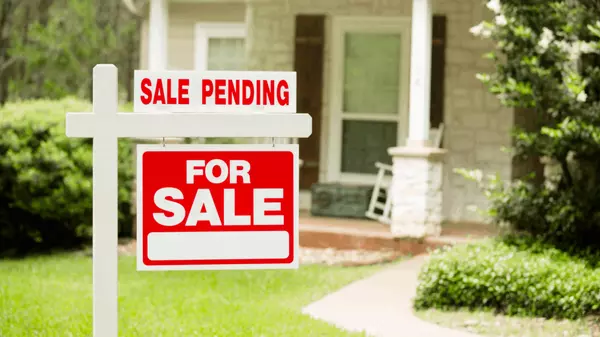Renting vs. Buying: Considering Mortgage Rates, Rent Costs, Home Values, and Economic Downturns

The decision to rent or buy a home is significant and requires careful consideration. Many factors can influence this decision, including mortgage interest rates, rising rent costs, increasing home values, and potential economic downturns. In this blog, we will explore these factors and how they can impact your decision to rent or buy a home.
Mortgage Interest Rates
Mortgage interest rates play a significant role in determining whether you should rent or buy a home. When interest rates are low, it becomes more affordable to finance a home purchase through a mortgage. This is because lower interest rates mean lower monthly payments, making it easier to qualify for a mortgage and making homeownership more attractive.
On the other hand, high-interest rates make it more difficult to finance a home purchase through a mortgage. Higher interest rates mean higher monthly payments, which can make it harder to qualify for a mortgage and make homeownership less attractive. In this scenario, renting may be a better option as it allows you to avoid the high costs associated with purchasing a home.
Rising Rent Costs
Another factor to consider is rising rent costs. In many cities and urban areas, rent prices are increasing at a rapid rate. This can make renting less attractive as the cost of rent may eventually exceed the cost of owning a home. Additionally, as a renter, you have no control over future rent increases, which can make it difficult to budget for your living expenses.
On the other hand, if you plan to move frequently or are uncertain about your future living arrangements, renting may be a better option. Renting provides more flexibility and can be a good choice if you are not ready to commit to a long-term investment in a home.
Increasing Home Values
Increasing home values can also impact your decision to rent or buy a home. In areas where home values are rising, purchasing a home can be a good investment as it allows you to build equity and potentially make a profit when you sell your home in the future. However, it's important to keep in mind that home values can also fluctuate, and there is no guarantee that your home will increase in value.
On the other hand, if home values are declining or stagnant, renting may be a better option as it allows you to avoid the financial risk associated with a potential decline in home value.
Potential Economic Downturn
The potential for an economic downturn is another factor to consider when deciding to rent or buy a home. Economic downturns can cause job loss, reduced income, and other financial difficulties that can make it challenging to maintain a mortgage. During an economic downturn, renting may be a better option as it provides more flexibility and allows you to avoid the financial risk associated with owning a home.
However, it's important to keep in mind that an economic downturn can also impact rental prices. During a recession, landlords may struggle to find tenants, which can lead to lower rental prices. Additionally, if you are a renter, you may not have the same level of control over your living situation as you would if you owned your home.
Final Thoughts
When deciding whether to rent or buy a home, it's important to consider all the factors at play. Mortgage interest rates, rising rent costs, increasing home values, and potential economic downturns can all impact your decision. Ultimately, the decision to rent or buy a home should be based on your personal circumstances, financial goals, and future plans.
If you are considering purchasing a home, it's important to consult with a financial advisor, mortgage professional, or Realtor to ensure that you are making a sound financial decision. They can help you evaluate your financial situation, determine how much you can afford to spend on a home and find the right mortgage product for your needs.
Buying a home can have several long-term benefits, including financial stability, building equity, potential appreciation in value, and the ability to customize and personalize your living space.
One of the main benefits of buying a home is financial stability. Owning a home provides a sense of security and stability, knowing that you have a place to call your own and can't be forced out by a landlord. This stability can be especially important for families with children or those looking to establish long-term roots in a particular community.
Another benefit of buying a home is building equity. When you make mortgage payments, you are paying off the loan’s principal balance, which means you are building equity in your home. As you continue to pay off your mortgage, your equity in the home increases, which can be used as a source of wealth or financial security in the future.
Additionally, owning a home can lead to value appreciation over time. While there is no guarantee that your home will increase in value, historically, real estate has appreciated in value over the long term. This means that if you hold onto your home for an extended period, it is possible that it could be worth more than what you paid for it when you eventually sell.
Finally, owning a home allows you to customize and personalize your living space to your liking. When you rent, you are limited in terms of what changes you can make to the property. When you own your home, you can make renovations and improvements as you see fit, allowing you to create a space that truly feels like your own.
Overall, buying a home can provide several long-term benefits, including financial stability, building equity, potential appreciation in value, and the ability to customize and personalize your living space. However, it's important to carefully consider your personal circumstances and financial situation before making the decision to purchase a home.
Categories
- All Blogs 143
- baldwin park 1
- brand refined 1
- business 1
- central florida 76
- city 1
- clermont 3
- commercial real estate 1
- communities 1
- Dallas Homes 1
- dogs 1
- down payment 1
- engel voelkers 1
- engel volkers 5
- engel volkers seven 1
- entrepreneur 2
- first time home buyer 2
- florida homes 2
- gen z 1
- golf 4
- home buyer 36
- home equity 2
- home improvement 1
- home loan 1
- home prices 4
- home purchase 2
- home repair 2
- home sale 2
- home seller 35
- home selling 4
- home staging 3
- homebuyer 9
- housing inventory 8
- housing market 60
- interest rates 16
- interior design 1
- investment 2
- lake county 8
- lake living 1
- lake mary 1
- lake nona 1
- lakefront homes 3
- land 1
- lifestyle 6
- list price 1
- local news 1
- luxury homes 8
- luxury real estate 4
- miami 2
- Middleton 1
- minneola 1
- Mortgage 10
- mortgage rates 2
- mount dora 3
- neighborhood 1
- new construction 2
- orange county 2
- orlando 32
- orlando homes 6
- personal development 1
- pre approval 1
- property taxes 1
- real estate 10
- real estate news 11
- realtor 5
- relocating 1
- relocation 1
- remodel 1
- restaurants 3
- retirement 3
- schools 2
- second home 1
- sumter county 1
- tampa 1
- the villages 4
- tourism 2
- vacation homes 1
- winter garden 2
- winter park 3
Recent Posts











